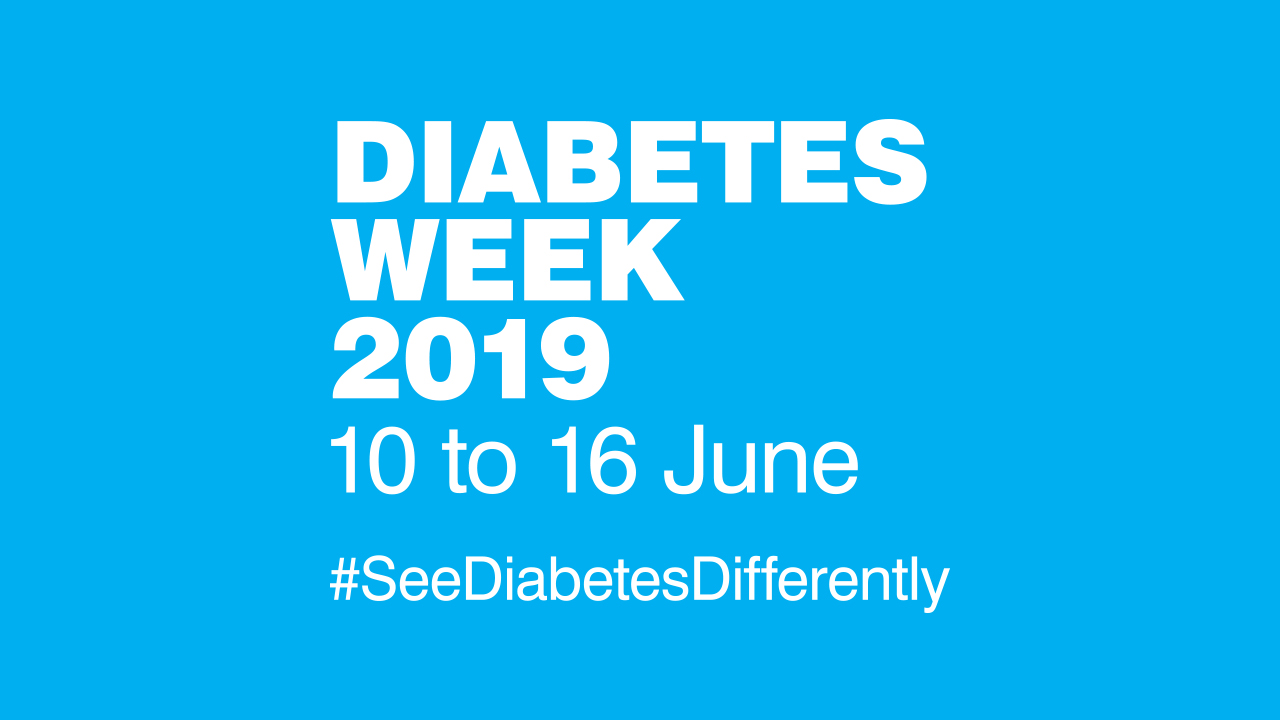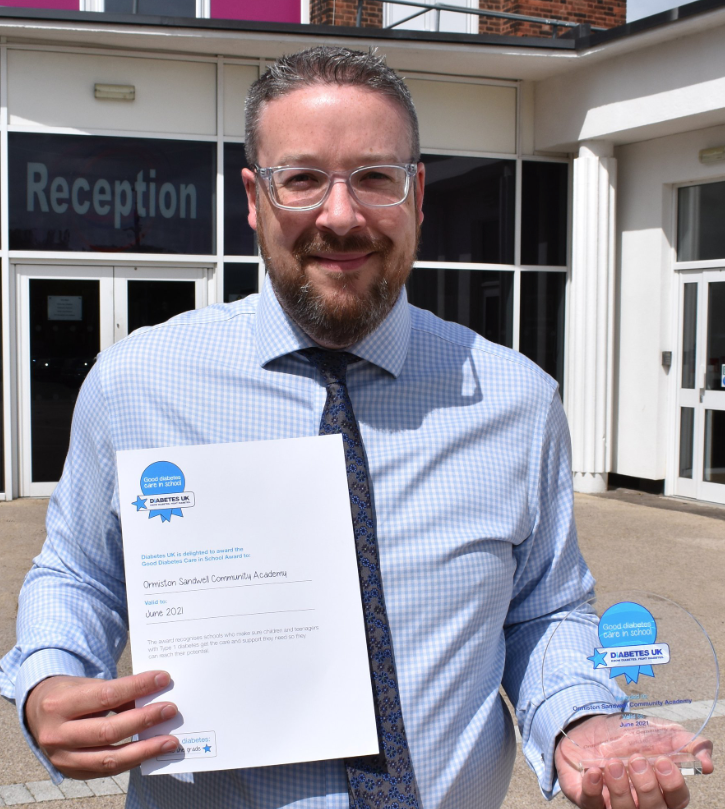Chris King is First Aid and Health & Safety Officer at Ormiston Sandwell Community Academy.
By Chris King
17 June, 2019

Guest writer Chris King from Ormiston Sandwell Community Academy (OSCA) discusses providing award-winning care for pupils with Type 1 Diabetes.

Every day, every month and every year, schools across the country are actively showcasing the good care and support that they provide to their students who have Type 1 diabetes. This has been particularly pertinent this month as we mark Diabetes Week, an annual campaign to raise awareness of diabetes and funds to support the work of Diabetes UK.
Each year, schools are nominated for awards when providing care for pupils with diabetes and we are delighted that Ormiston Sandwell Community Academy, have won the prestigious Good Diabetes Care in School Award this year. This award from Diabetes UK has been running for four years now, and we’re delighted that we have been recognised for not only providing good care to pupils with Type 1 diabetes, but also giving parents the confidence that their child will be safe whilst they are in our school.

This award also demonstrates what a key contribution each member of OSCA makes to our pupils well-being: something we’re extremely passionate about. We believe that when teachers, support staff, students and healthcare professionals all work together, their compassion, dedication and shared vision enables the best possible care for our pupils and families. We’re thrilled that this award recognises our combined efforts to ensure we provide a school experience with as few difficulties as possible to our pupils with diabetes.
Of course, a lot of work goes into making this all happen! At OSCA, we have a planned approach to help our students with medical conditions, and every pupil with Type 1 diabetes has a care plan in place. Staff at OSCA have been trained in how to recognise the many varying associated signs and symptoms of diabetes, including the two most common types of ‘attack’:
We are now able to demonstrate how these steps have resulted in OSCA being deemed a safe and responsive environment in which students, as well as staff, can rest assured that their health and wellbeing is at the centre of all that we do, enabling them to fulfil their potential.”
For more information on Diabetes, including key facts, information on Hyper/Hypoglycaemia and more, visit the Diabetes UK website by clicking here.
Category: Blog
Chris King is First Aid and Health & Safety Officer at Ormiston Sandwell Community Academy.
